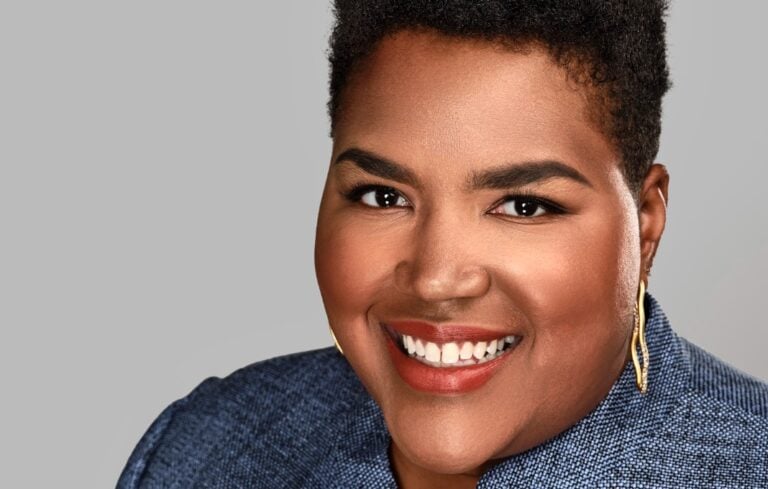
The Affordable Care Act also known as “Obamacare” requires large companies to offer coverage to employees working 30 hours a week or more or pay a penalty. Many employers have been preparing for the higher costs.
“In fact, by offering them insurance, we could actually disqualify many of them from being eligible for newly available subsidies that could reduce their overall health insurance expense,” said Jodie Kozlak, Target’s EVP of Human Resources.
A number of experts such as Devon Herrick, senior fellow of the National Center for Policy Analysis in Dallas said this would happen, noting that the structure of the exchange subsidies will encourage low-income workers to congregate in companies that do not provide insurance and high-income employees to work for firms that do provide it. He wrote in The Wall Street Journal that as more employers discover it may be cheaper to pay fines to the government than to insure workers, the number of individuals in the exchanges will balloon.
For example, AT&T paid $2.4 billion last year to cover medical costs for its 283,000 active employees. If the company dropped its health plan and paid an annual penalty for each uninsured worker, the fines would total almost $600 million. But that would leave AT&T with a profit of $1.8 billion.
But not so fast, say experts like Thomas Buchmueller, a business economics professor at the University of Michigan’s Ross School. He and other academic colleagues looked at theoretical and empirical evidence to put that question in context in a paper in the September issue of Health Affairs. Buchmueller and co-authors Colleen Carey, a postdoctoral fellow in the School of Public Health, and Helen Levy, a professor with the Institute for Social Research and the Ford School of Public Policy, say the models they studied point to a relatively small decline in employer-sponsored coverage as a result of health reform.
That’s despite Obamacare being cited as part of the reason United Parcel Service announced that it would end health care coverage for the spouses of white-collar workers who could obtain coverage through their own employers. The move affects 15,000 spouses. “We need to resist attributing every change in health insurance from here on to Obamacare,” Buchmueller said.
However, NCPA’s Herrick argues that the very structure of the law will likely drive more employers to pay the fine rather than accept continued uncertainty.
The ACA requires individuals to have insurance with certain mandated benefits likely costing $15,000 or more for family coverage in 2016. Economists generally agree employee benefits are a dollar-for-dollar substitute for wages. That implies the pay of a previously uninsured $30,000-a-year worker will be cut 50 percent to compensate for the cost of mandatory health insurance. Further, the only tax subsidy this worker will receive is the ability of his employer to pay the premiums with pre-tax dollars. That is worth about $3,000.
On the other hand, if this worker can get the same insurance through the newly created health insurance exchange, the federal government will pay a total subsidy potentially worth more than $15,000. It follows that every worker at this income level will want to work for a firm that does not offer health insurance and pays higher cash wages instead.
Thus, employers will have an incentive to drop their health plan in order to offer competitive wages. Employers with more than 50 workers who do not offer health insurance will have to pay a $2,000 fine for all but the first 30 workers — well worth the opportunity to obtain a $15,000 benefit for every employee. Many employers will organize in such a way as to take advantage of the subsidy. Low-income workers will congregate in companies that do not provide insurance; high-income employees will work for firms that do provide it. Firms that ignore these worker preferences will not be competitive.
The Congressional Budget Office (CBO) estimates that 19 million people will take advantage of subsidies in the exchanges. It assumes most individuals will continue to obtain coverage at work or through the newly expanded Medicaid program. However, former CBO director Douglas Holtz-Eakin estimates that the number of people who will take advantage of the exchange subsidies is close to 57 million. Indeed, in a survey of its clients, the consulting firm McKinsey & Company found that at least 30 percent of companies would be better off dropping employee health coverage. The potential loss of employer health coverage is just one of the unintended consequences of the ACA.
Read: https://online.wsj.com/news/articles/SB10001424052748703880304575236602943319816
Read: https://medicalxpress.com/news/2013-09-companies-health-coverage-obamacare.html



Chief Executive Group exists to improve the performance of U.S. CEOs, senior executives and public-company directors, helping you grow your companies, build your communities and strengthen society. Learn more at chiefexecutivegroup.com.
0

1:00 - 5:00 pm
Over 70% of Executives Surveyed Agree: Many Strategic Planning Efforts Lack Systematic Approach Tips for Enhancing Your Strategic Planning Process
Executives expressed frustration with their current strategic planning process. Issues include:
Steve Rutan and Denise Harrison have put together an afternoon workshop that will provide the tools you need to address these concerns. They have worked with hundreds of executives to develop a systematic approach that will enable your team to make better decisions during strategic planning. Steve and Denise will walk you through exercises for prioritizing your lists and steps that will reset and reinvigorate your process. This will be a hands-on workshop that will enable you to think about your business as you use the tools that are being presented. If you are ready for a Strategic Planning tune-up, select this workshop in your registration form. The additional fee of $695 will be added to your total.

2:00 - 5:00 pm
Female leaders face the same issues all leaders do, but they often face additional challenges too. In this peer session, we will facilitate a discussion of best practices and how to overcome common barriers to help women leaders be more effective within and outside their organizations.
Limited space available.

10:30 - 5:00 pm
General’s Retreat at Hermitage Golf Course
Sponsored by UBS
General’s Retreat, built in 1986 with architect Gary Roger Baird, has been voted the “Best Golf Course in Nashville” and is a “must play” when visiting the Nashville, Tennessee area. With the beautiful setting along the Cumberland River, golfers of all capabilities will thoroughly enjoy the golf, scenery and hospitality.
The golf outing fee includes transportation to and from the hotel, greens/cart fees, use of practice facilities, and boxed lunch. The bus will leave the hotel at 10:30 am for a noon shotgun start and return to the hotel after the cocktail reception following the completion of the round.